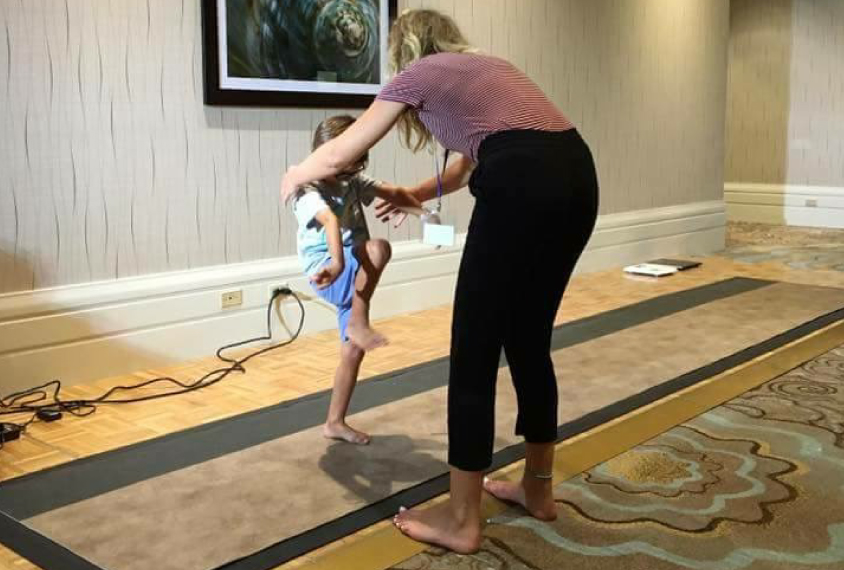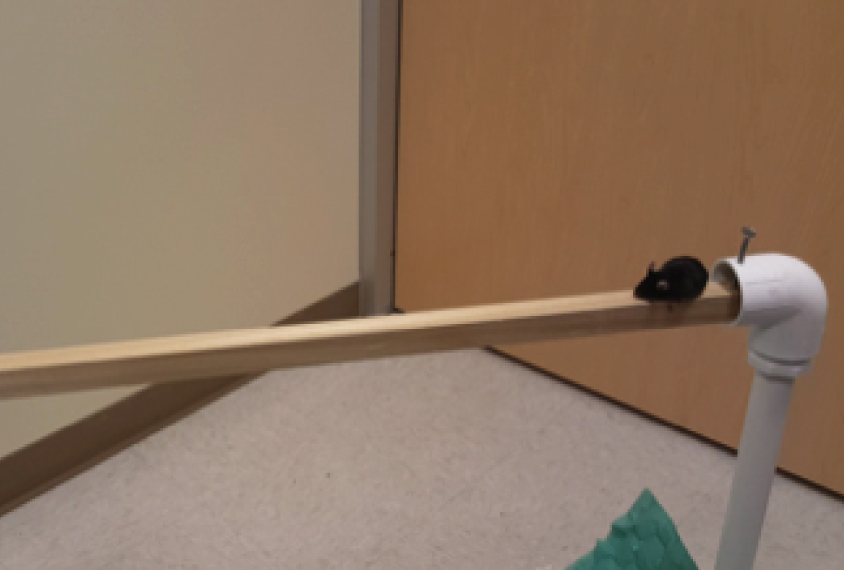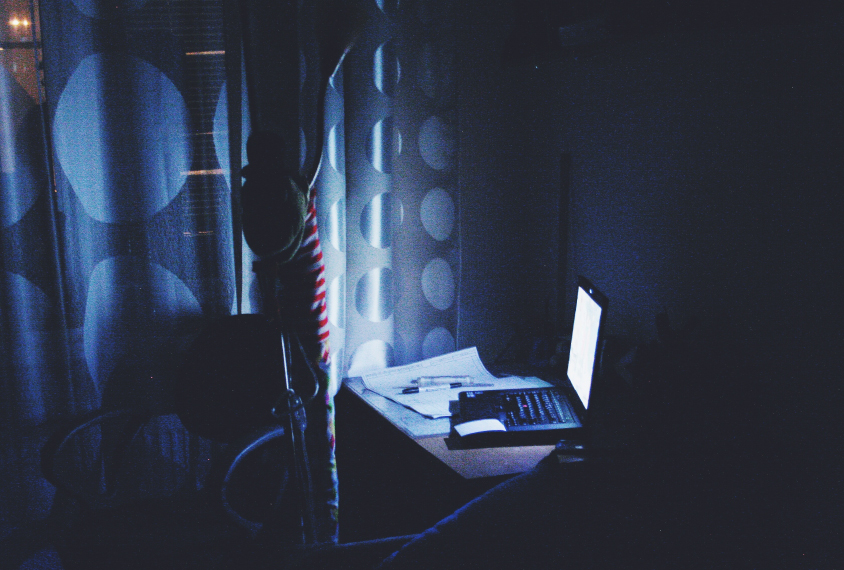Dup15q 2017
Recent articles
Mat with pressure sensors detects characteristic gait in dup15q syndrome
People with dup15q syndrome tend to walk slowly, have a wide stance and take short steps.

Mat with pressure sensors detects characteristic gait in dup15q syndrome
People with dup15q syndrome tend to walk slowly, have a wide stance and take short steps.
Anxiety, seizures mark mice with extra copy of autism gene
Mice with an extra copy of UBE3A, a gene linked to autism, have learning problems and anxiety, and are prone to seizures and fine-motor problems.

Anxiety, seizures mark mice with extra copy of autism gene
Mice with an extra copy of UBE3A, a gene linked to autism, have learning problems and anxiety, and are prone to seizures and fine-motor problems.
Antidepressant eases some autism features in mice
A drug that keeps neurons bathed in the chemical messenger serotonin prevents social abnormalities in a mouse model of dup15q syndrome.

Antidepressant eases some autism features in mice
A drug that keeps neurons bathed in the chemical messenger serotonin prevents social abnormalities in a mouse model of dup15q syndrome.
Dim light casts shadow on mouse sleep, behavior
Exposure to a dim light at night disrupts sleep and worsens repetitive behaviors and social difficulties in a mouse model of autism.

Dim light casts shadow on mouse sleep, behavior
Exposure to a dim light at night disrupts sleep and worsens repetitive behaviors and social difficulties in a mouse model of autism.
Explore more from The Transmitter
How insights from network theory can boost interdisciplinary efforts
Communication on one interdisciplinary research team improved after the researchers turned an analysis technique used to study the brain on themselves and identified the roles people played in lab meetings.
How insights from network theory can boost interdisciplinary efforts
Communication on one interdisciplinary research team improved after the researchers turned an analysis technique used to study the brain on themselves and identified the roles people played in lab meetings.
Frameshift: Raphe Bernier followed his heart out of academia, then made his way back again
After a clinical research career, an interlude at Apple and four months in early retirement, Raphe Bernier found joy in teaching.

Frameshift: Raphe Bernier followed his heart out of academia, then made his way back again
After a clinical research career, an interlude at Apple and four months in early retirement, Raphe Bernier found joy in teaching.
Organoid study reveals shared brain pathways across autism-linked variants
The genetic variants initially affect brain development in unique ways, but over time they converge on common molecular pathways.

Organoid study reveals shared brain pathways across autism-linked variants
The genetic variants initially affect brain development in unique ways, but over time they converge on common molecular pathways.